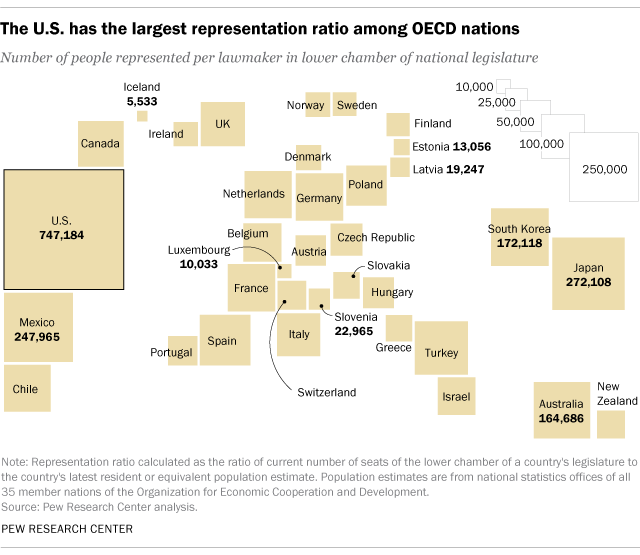Montana has banned TikTok, which is suing.
119. The Commerce Clause of the U.S. Constitution grants Congress the power to regulate commerce with foreign Nations, and among the several States. U.S. Const. art. 1, § 8, cl. 3. While the Commerce Clause is framed by its text [as] an affirmative grant ofpower to Congress , the so-called Dormant component of the Clause has long been recognized as a self-executing limitation ofthe States to enact laws imposing substantial burdens on [interstate] commerce ." South-Central Timber Dev.,Inc. v.Wunnicke ,467 U.S.82 ,87 (1984).
120. The TikTok Ban imposes substantial burdens on interstate commerce inviolation of the Commerce Clause and other structural provisions ofthe Constitution by prohibiting Plaintiff from operating TikTok in Montana and penalizing Plaintiff any time a user in Montana accesses TikTok or is offered the ability to access or download TikTok in the State . The TikTok Ban is not limited to Montana residents ; it applies to anyone in the State ,including those visiting or merely passing through for work.
121. Substantial burdens on interstate commerce generally result from inconsistent regulation ofactivities that are inherently national or require a uniform system of regulation. Bernstein v.Virgin Am.,Inc.,3 F.4th 1127, 1135 (9th Cir. 2021) (quoting Nat'lAss'n of Optometrists & Opticians v. Harris,682 F.3d 1144, 1148 (9th Cir.2012)).
122. Plaintiff's operation of TikTok ,an application used by over 150million users in the United States ,including in every State, is inherently national in scope and requires a uniform system of regulation, not one subject to the policy decisions offifty separate States.

